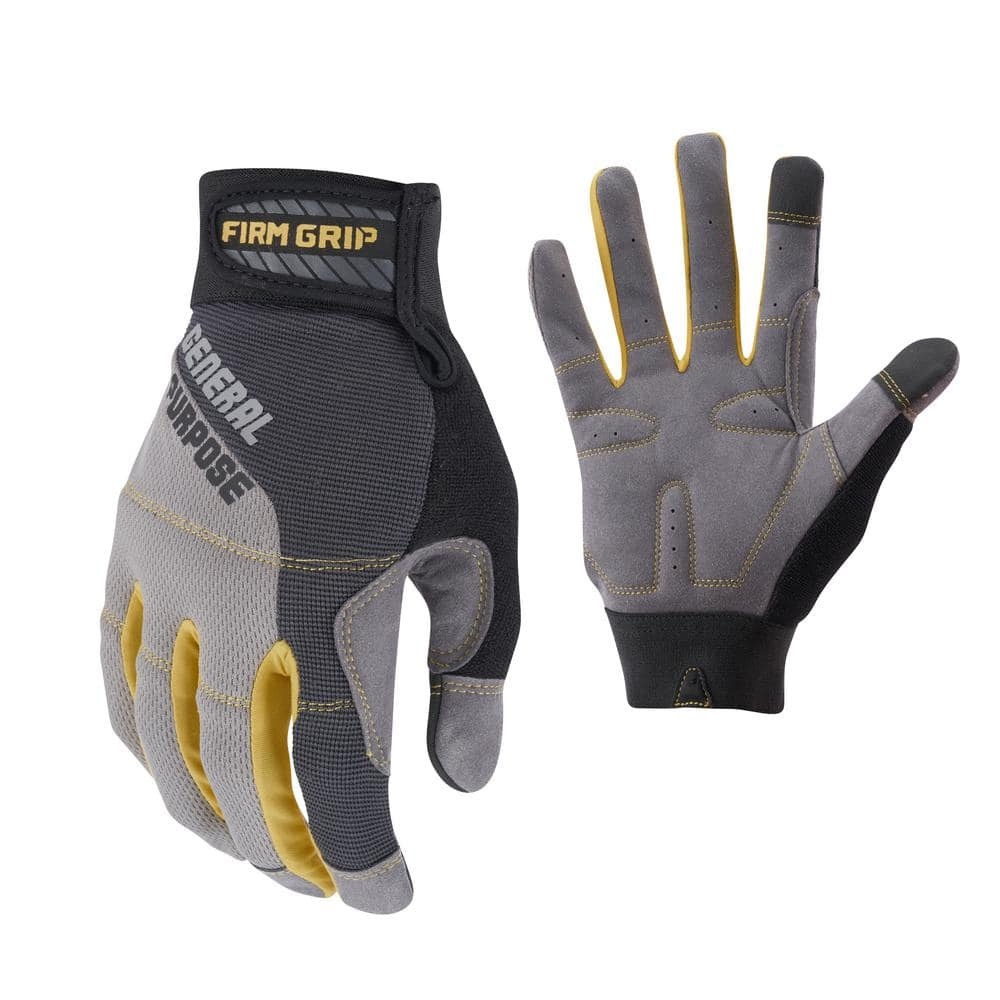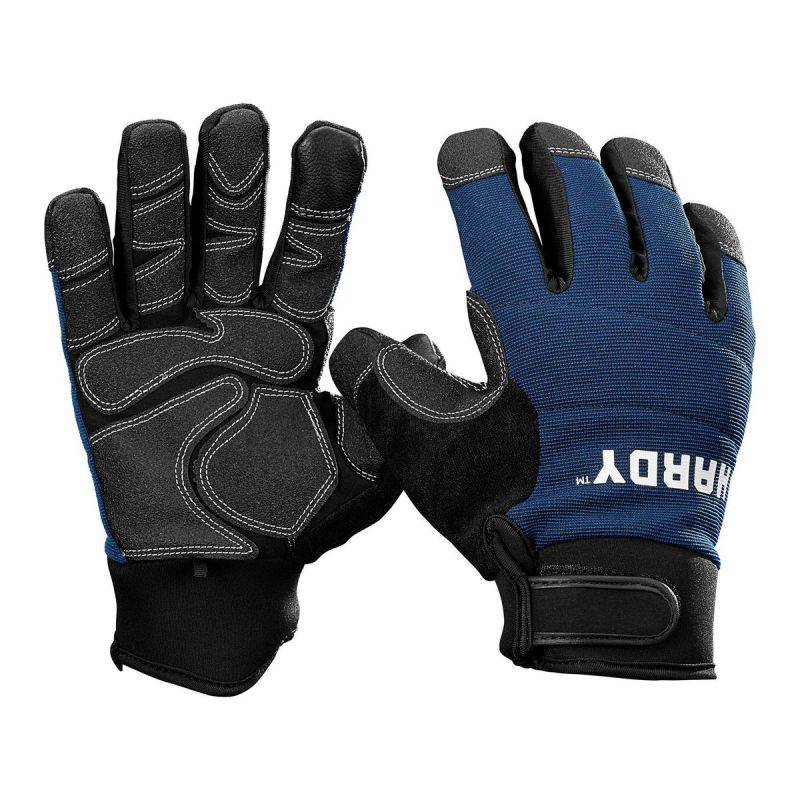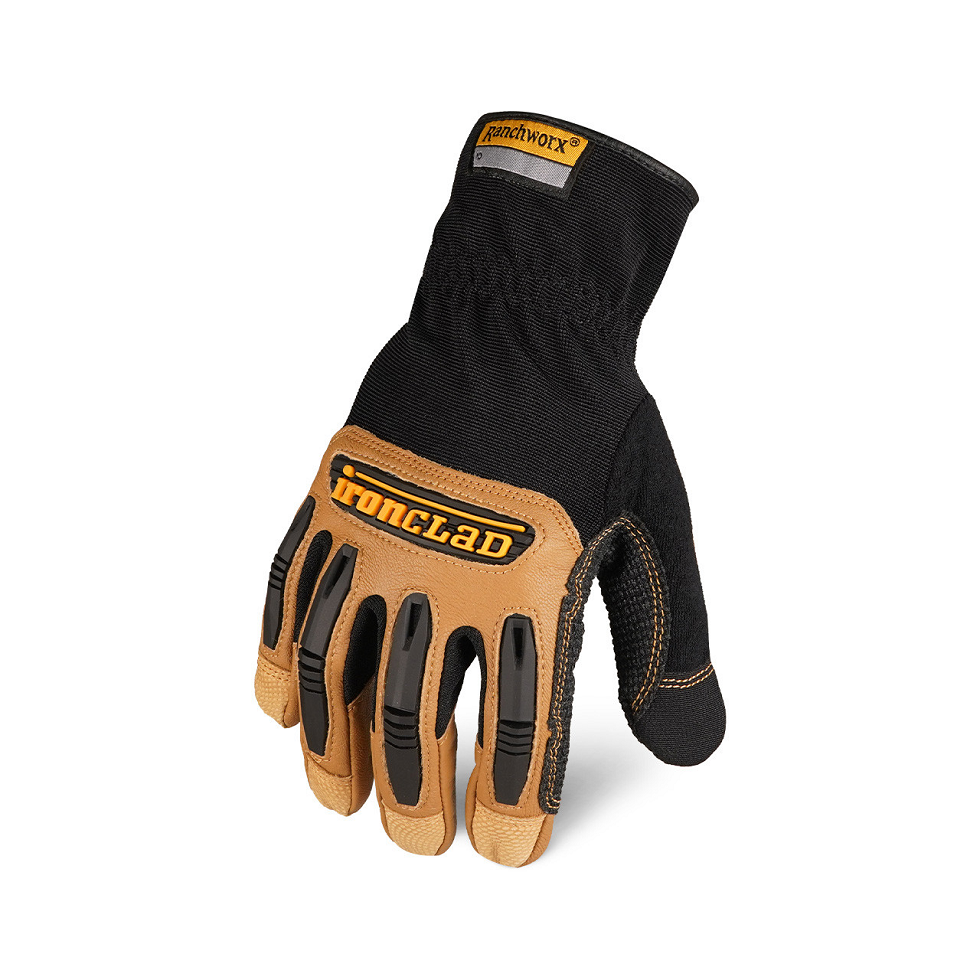Introduction to Mechanic Gloves
Mechanic gloves are an indispensable tool for professionals and hobbyists alike. These gloves provide protection, comfort, and enhanced grip, making various automotive and mechanical tasks safer and more efficient. Whether you’re a seasoned mechanic or a DIY enthusiast, the right pair of gloves can make a significant difference in your performance and safety. This article will cover the various types of mechanic gloves, their essential features, their benefits, and how to select the best pair for your needs.
The History and Evolution of Mechanic Gloves
Early Beginnings
Mechanic gloves have a rich history that dates back to the early days of the automotive industry. Before the advent of specialized gloves, mechanics often worked with bare hands, making them susceptible to cuts, bruises, and chemical burns. The need for hand protection became evident as the automotive industry grew and tasks became more complex and hazardous.
Development and Advancements
In response, glove manufacturers began developing gloves specifically designed for mechanics. Early versions were simple leather gloves that offered basic protection against cuts and abrasions. Over time, advancements in materials science and manufacturing techniques led to the creation of more sophisticated gloves. These modern gloves incorporate features such as reinforced palms, padded knuckles, and advanced grip technologies to enhance both protection and performance.
Modern Innovations
Today, mechanic gloves are available in a variety of styles and materials, each designed to meet specific needs. Innovations such as touchscreen compatibility, cut-resistant materials, and specialized coatings have further enhanced the functionality and convenience of these gloves. The continuous evolution of mechanic gloves reflects the industry’s commitment to improving safety and efficiency for automotive professionals.
Key Features of Mechanic Gloves
Protection and Safety
The primary function of mechanic gloves is to provide protection. Modern gloves are designed to protect against a range of hazards, including cuts, punctures, abrasions, and chemical exposure. Many gloves feature reinforced palms and fingers, which provide extra protection in high-wear areas. Some gloves also include padded knuckles, which protect against impacts and blunt-force trauma.
Chemically-resistant gloves are essential when working with solvents, oils, and other hazardous substances. Nitrile and neoprene gloves are popular choices for chemical resistance, as they provide a barrier against various chemicals while maintaining dexterity and comfort.
Comfort and Fit
Comfort is another critical aspect of mechanic gloves. A good pair of gloves should fit snugly and comfortably, allowing for a full range of motion without restricting movement. Many gloves are designed with ergonomic features such as pre-curved fingers and flexible materials, which enhance comfort and reduce hand fatigue during prolonged use.
Breathability is also important, especially during long work sessions. Many modern gloves incorporate breathable materials such as mesh or spandex, which help to keep hands cool and dry. Moisture-wicking linings further enhance comfort by drawing sweat away from the skin.
Grip and Dexterity
Grip and dexterity are crucial for performing precise tasks. Mechanic gloves often feature specialized coatings or textures on the palms and fingers to enhance grip. Common materials used for grip enhancement include silicone, rubber, and nitrile. These materials provide a secure hold on tools and components, reducing the risk of slippage and improving overall efficiency.
Dexterity is equally important, as it allows mechanics to perform intricate tasks with ease. Gloves made from flexible materials such as spandex or synthetic leather provide excellent dexterity, allowing for precise movements and control. Touchscreen-compatible gloves have also become popular, enabling mechanics to use smartphones and tablets without removing their gloves.
Types of Mechanic Gloves
Disposable Gloves
Disposable gloves are a popular choice for tasks that involve chemicals, oils, and other hazardous substances. Made from materials such as nitrile, latex, or vinyl, these gloves provide a barrier against contaminants while maintaining tactile sensitivity. Nitrile gloves are particularly preferred for their chemical resistance and durability, making them suitable for various automotive applications.
One of the main advantages of disposable gloves is their convenience. They can be easily discarded after use, reducing the risk of cross-contamination and saving time on cleaning. However, they are not as durable as reusable gloves and may need to be replaced frequently during intensive tasks.
Reusable Gloves
Reusable gloves are designed for durability and long-term use. They are typically made from materials such as leather, synthetic leather, or fabric with reinforced areas for added protection. These gloves are suitable for a wide range of mechanical tasks, from general maintenance to heavy-duty repairs.
Leather gloves are known for their durability and natural abrasion resistance, making them ideal for heavy-duty work. Synthetic leather gloves offer similar protection but with added benefits such as better flexibility and lighter weight. Fabric gloves, often made from materials like nylon or spandex, provide excellent dexterity and breathability, making them suitable for tasks that require precision.
Specialized Gloves
Specialized mechanic gloves are designed to meet specific needs and challenges. For example, cut-resistant gloves provide additional protection against sharp objects, making them ideal for tasks involving cutting or handling sharp components. These gloves are typically made from materials such as Kevlar or Dyneema, which offer high levels of cut resistance without compromising dexterity.
Impact-resistant gloves are another type of specialized glove, designed to protect against blunt force injuries. These gloves feature padded or reinforced knuckles and fingers, providing a cushion against impacts. They are particularly useful for tasks that involve heavy tools or machinery.
Benefits of Using Mechanic Gloves
Enhanced Safety
One of the most significant benefits of using mechanic gloves is enhanced safety. These gloves provide a barrier against various hazards, reducing the risk of injuries such as cuts, punctures, and chemical burns. This is particularly important in the automotive industry, where workers are frequently exposed to sharp tools, hot surfaces, and hazardous substances.
Wearing gloves also helps to prevent skin irritation and allergic reactions caused by prolonged exposure to oils, solvents, and other chemicals. Chemically-resistant gloves provide a barrier that minimizes skin contact with these substances, reducing the risk of dermatitis and other skin conditions.
Improved Performance
Mechanic gloves can also improve performance by providing better grip and dexterity. The specialized coatings and textures on the palms and fingers of many gloves enhance grip, allowing mechanics to hold tools and components more securely. This reduces the risk of slippage and improves overall efficiency.
Enhanced dexterity is equally important, as it allows for precise movements and control. Gloves made from flexible materials such as spandex or synthetic leather provide the dexterity needed for intricate tasks, enabling mechanics to work more effectively and efficiently.
Comfort and Convenience
Comfort and convenience are additional benefits of using mechanic gloves. Modern gloves are designed with ergonomic features that reduce hand fatigue and enhance comfort during prolonged use. Breathable materials and moisture-wicking linings help to keep hands cool and dry, further enhancing comfort.
Touchscreen-compatible gloves add an extra layer of convenience, allowing mechanics to use smartphones and tablets without removing their gloves. This is particularly useful for accessing manuals, schematics, and other digital resources during work.
How to Choose the Best Mechanic Gloves
Assessing Your Needs
The first step in choosing the best mechanic gloves is to assess your specific needs. Consider the types of tasks you will be performing and the hazards you may encounter. For example, if you frequently work with sharp objects, cut-resistant gloves may be a priority. If you handle chemicals or oils, chemically-resistant gloves are essential.
Think about the level of protection you need, as well as the importance of grip, dexterity, and comfort. Different tasks may require different types of gloves, so it may be helpful to have multiple pairs for different applications.
Material Considerations
The material of the gloves is a critical factor to consider. Leather gloves offer excellent durability and abrasion resistance, making them suitable for heavy-duty tasks. Synthetic leather gloves provide similar protection but with added flexibility and lighter weight.
Nitrile gloves are known for their chemical resistance and puncture resistance, making them ideal for tasks involving chemicals and oils. Fabric gloves made from materials such as nylon or spandex provide excellent dexterity and breathability, making them suitable for tasks that require precision.
Size and Fit
Ensuring that the gloves fit properly is crucial for both comfort and performance. Gloves that are too tight can restrict movement and cause discomfort, while gloves that are too loose can reduce dexterity and increase the risk of slippage. Measure your hand size carefully and refer to the manufacturer’s sizing chart to select the right size.
Look for gloves with adjustable features such as Velcro straps or elastic cuffs, which allow for a customized fit. Ergonomic features such as pre-curved fingers and flexible materials can also enhance comfort and ease of movement.
Additional Features
Consider any additional features that may be beneficial for your specific needs. For example, touchscreen compatibility can be valuable if you frequently use digital devices during work. Reinforced palms and fingers provide extra protection in high-wear areas, while padded knuckles offer protection against impacts.
Breathable materials and moisture-wicking linings can enhance comfort during long work sessions. Reflective elements may be useful for added visibility in low-light conditions. Consider these features based on your work environment and requirements.
Conclusion: The Value of Mechanic Gloves
Mechanic gloves are an essential tool for anyone involved in automotive or mechanical work. They provide protection, comfort, and enhanced performance, allowing mechanics to work more effectively and safely. The right pair of gloves can make a significant difference in your productivity and overall experience.
By understanding the key features and benefits of mechanic gloves, you can make an informed decision when selecting the best pair for your needs. Whether you require disposable gloves for chemical resistance, durable leather gloves for heavy-duty tasks, or specialized gloves for specific challenges, there is a wide range of options available to suit your requirements.
Investing in high-quality mechanic gloves is a smart decision that pays dividends in terms of safety, comfort, and efficiency. With the right gloves, you can tackle any task with confidence and protect your hands from the various hazards of mechanical work. The continuous advancements in glove technology ensure that there will always be new and improved options available, further enhancing your capabilities and experience.



